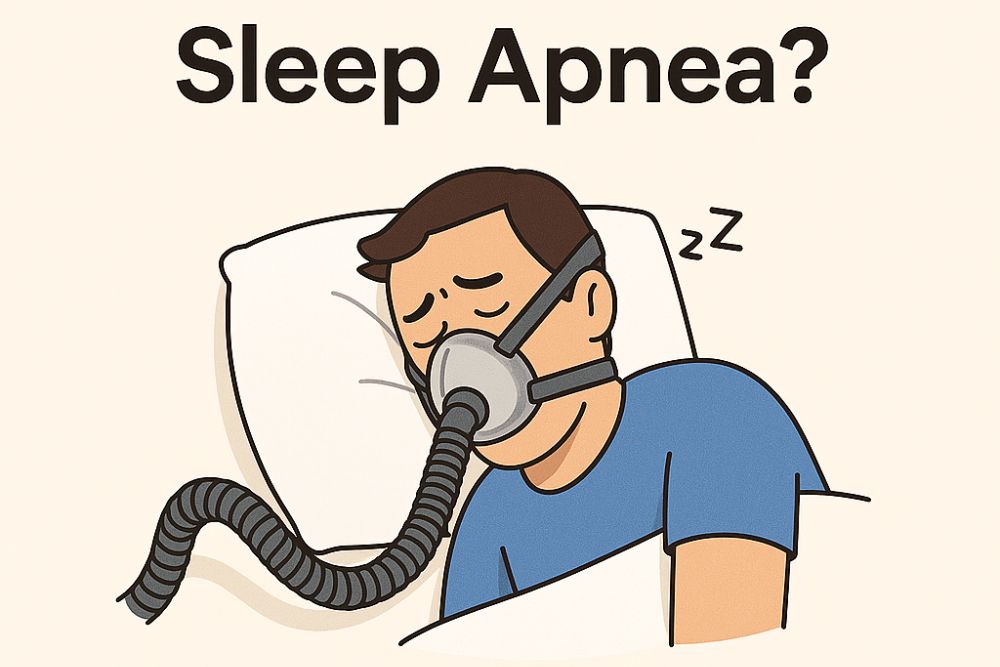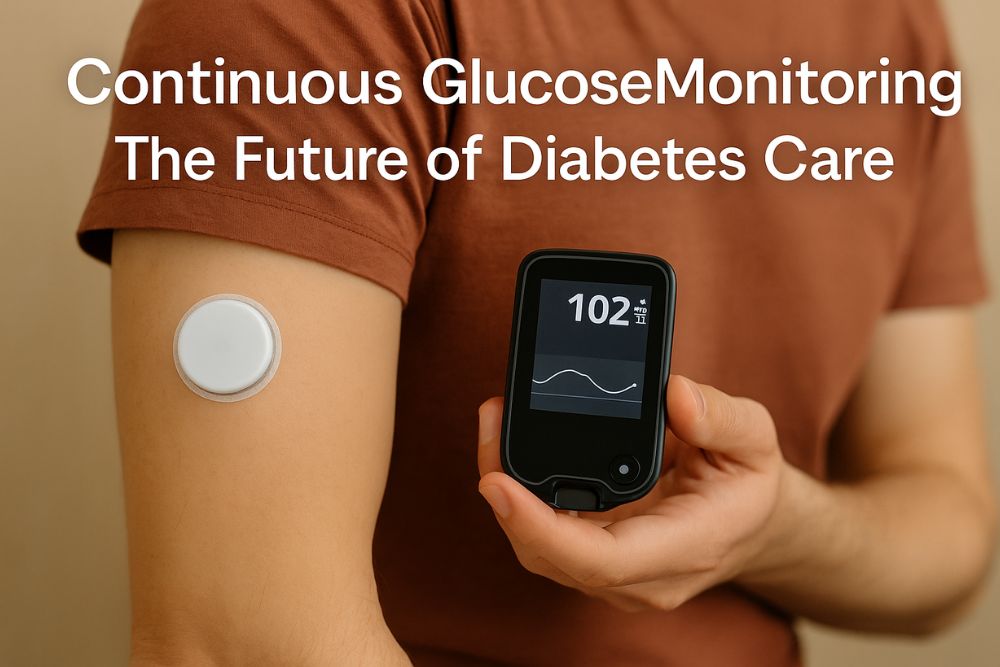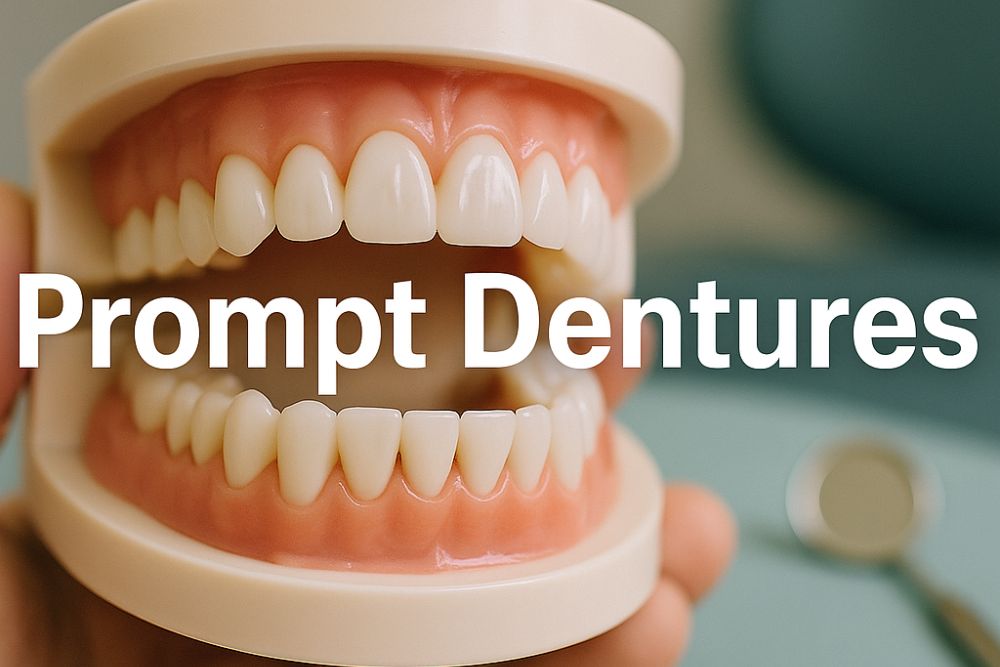Sleep Apnea: Symptoms, Risks, and How to Treat It
Liam Reed
2025-10-13
6 min read

Ever wake up feeling exhausted, no matter how many hours you’ve been in bed? Or maybe you’ve been told you snore loudly or gasp for air while sleeping. If so, sleep apnea might be the culprit. This common but serious condition disrupts your breathing while you sleep, impacting your health and quality of life. The good news? It’s manageable with the right steps. Let’s break it all down.
What Is Sleep Apnea?
Sleep apnea causes your breathing to repeatedly stop and start during sleep. These interruptions can last a few seconds or even minutes, often happening multiple times throughout the night. The result? Poor sleep quality that leaves you tired, unfocused, and potentially facing serious health risks.
How to Recognize the Symptoms
Sleep apnea symptoms can vary, but here are the most common red flags:
- Loud Snoring: One of the most obvious signs. Often, a partner or family member notices it before you do.
- Gasping or Choking While Sleeping: Sudden wake-ups, gasping for air, or feeling like you're choking are key indicators.
- Daytime Fatigue: Struggling to stay awake during the day, feeling irritable, or having difficulty concentrating are all signs of poor sleep quality.
- Morning Headaches: Waking up with a headache—even after a full night in bed—can be a sign of disrupted breathing.
Why You Shouldn’t Ignore It: The Risks of Sleep Apnea
Sleep apnea isn’t just about feeling tired—it’s a serious condition that can lead to long-term health problems if left untreated. Here’s what’s at stake:
- Heart Health Problems: Sleep apnea increases your risk of high blood pressure, heart attack, and stroke.
- Diabetes and Metabolic Syndrome: Poor sleep can throw off your body’s ability to regulate blood sugar, raising your risk of diabetes.
- Daily Life Impact: From struggling at work to strained relationships, the effects of poor sleep often spill over into every aspect of life.
Treatment Options: What Can Be Done?
The good news? Sleep apnea has several effective treatments, from lifestyle adjustments to advanced medical therapies.
1. Lifestyle Changes
Simple changes can make a big difference, especially in mild cases:
- Lose Weight: If you’re overweight, shedding a few pounds can reduce pressure on your airways.
- Avoid Alcohol and Sedatives: These relax your throat muscles, which can worsen sleep apnea.
- Sleep on Your Side: Sleeping on your back can cause your tongue to block your airway. Try using a body pillow to keep you on your side.
2. Non-Surgical Treatments
For moderate to severe sleep apnea, these treatments are highly effective:
- CPAP Machines (Continuous Positive Airway Pressure): The gold standard in sleep apnea treatment. A CPAP machine keeps your airway open by delivering a steady stream of air while you sleep.
- Oral Appliances: Special dental devices reposition your jaw or tongue to keep your airway open. These are a good option for mild to moderate cases.
- Positional Therapy: Certain devices help keep you sleeping on your side if that’s where your breathing improves.
3. Advanced and Alternative Treatments
For those who need something beyond traditional approaches, there are new options:
- Hypoglossal Nerve Stimulation: This surgically implanted device stimulates the nerve that controls your tongue, keeping your airway clear during sleep.
- Behavioral Therapies: Cognitive Behavioral Therapy (CBT) can address sleep anxiety or habits contributing to sleep issues.
Getting Help: Why You Need a Specialist
If you suspect sleep apnea, don’t try to manage it on your own. A healthcare provider specializing in sleep medicine can:
- Conduct a sleep study (at home or in a lab) to confirm the diagnosis.
- Personalize a treatment plan that works for your unique needs.
Look for providers with experience in sleep disorders—they’ll know the latest treatments and best practices to help you feel better.
Take Charge of Your Sleep Health
Sleep apnea is more common than you might think, but it doesn’t have to control your life. By recognizing the symptoms, understanding the risks, and exploring the right treatment options, you can take back your nights—and your days.
If you think you or someone you know might have sleep apnea, don’t wait. Reach out to a healthcare provider and start your journey to better sleep today.
Sources
- American Academy of Sleep Medicine. Sleep Apnea.
- National Sleep Foundation. Sleep Apnea.
- Mayo Clinic. (2023). Sleep Apnea.



